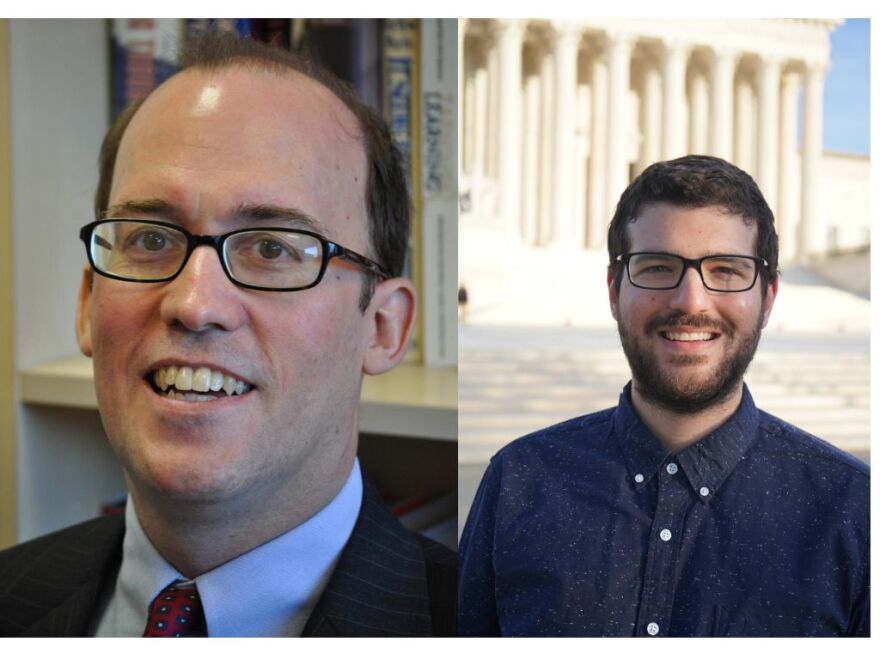Last month, in a landmark case Students for Fair Admissions, Inc. v. President and Fellows of Harvard College the Supreme Court effectively abolished affirmative action in college admissions. Race based consideration in admissions have been illegal in California for decades. Eight other states have also banned race consideration at public universities, but now, it is the law of the entire land. School officials are scrambling to figure out how to assemble diverse classes, as many students of color are faced with new challenges in competing with more affluent, better connected white students.
Tom's guests today have varying opinions on the Supreme Court decision and the path forward for higher education diversity.
First, he talks with Richard Kahlenberg, a nonresident scholar at the McCourt School of Public Policy at Georgetown University and the author of 18 books, including The Remedy: Class, Race and Affirmative Action.
Then he hears from Mark Joseph Stern, a Senior Writer at Slate. Stern is a frequent contributor to Slate's Amicus podcast which focuses on the law and the Supreme Court.







